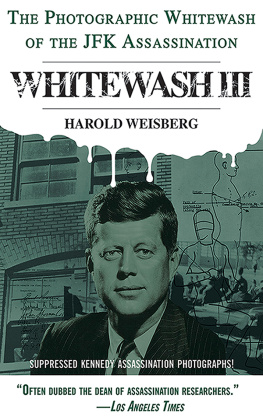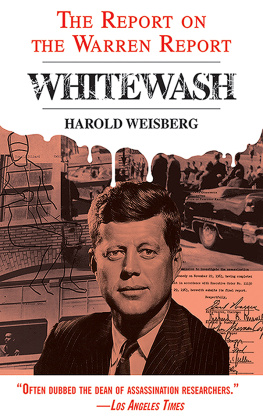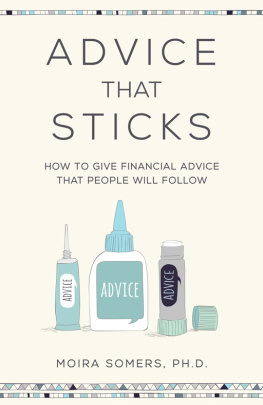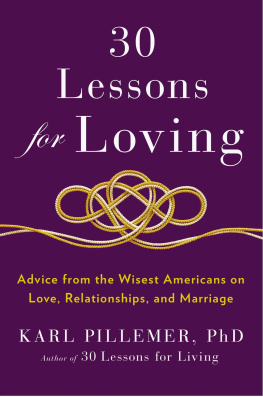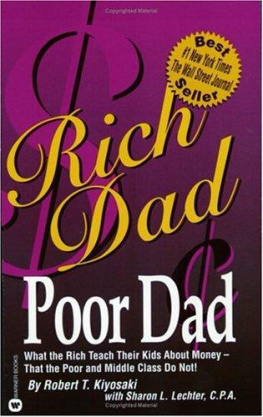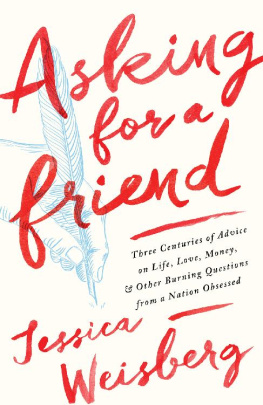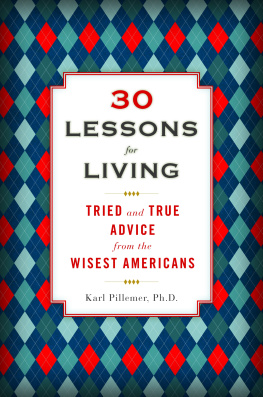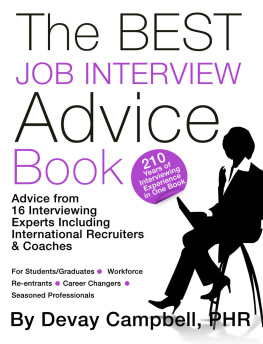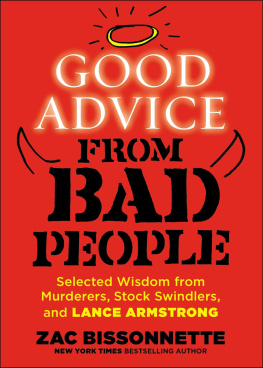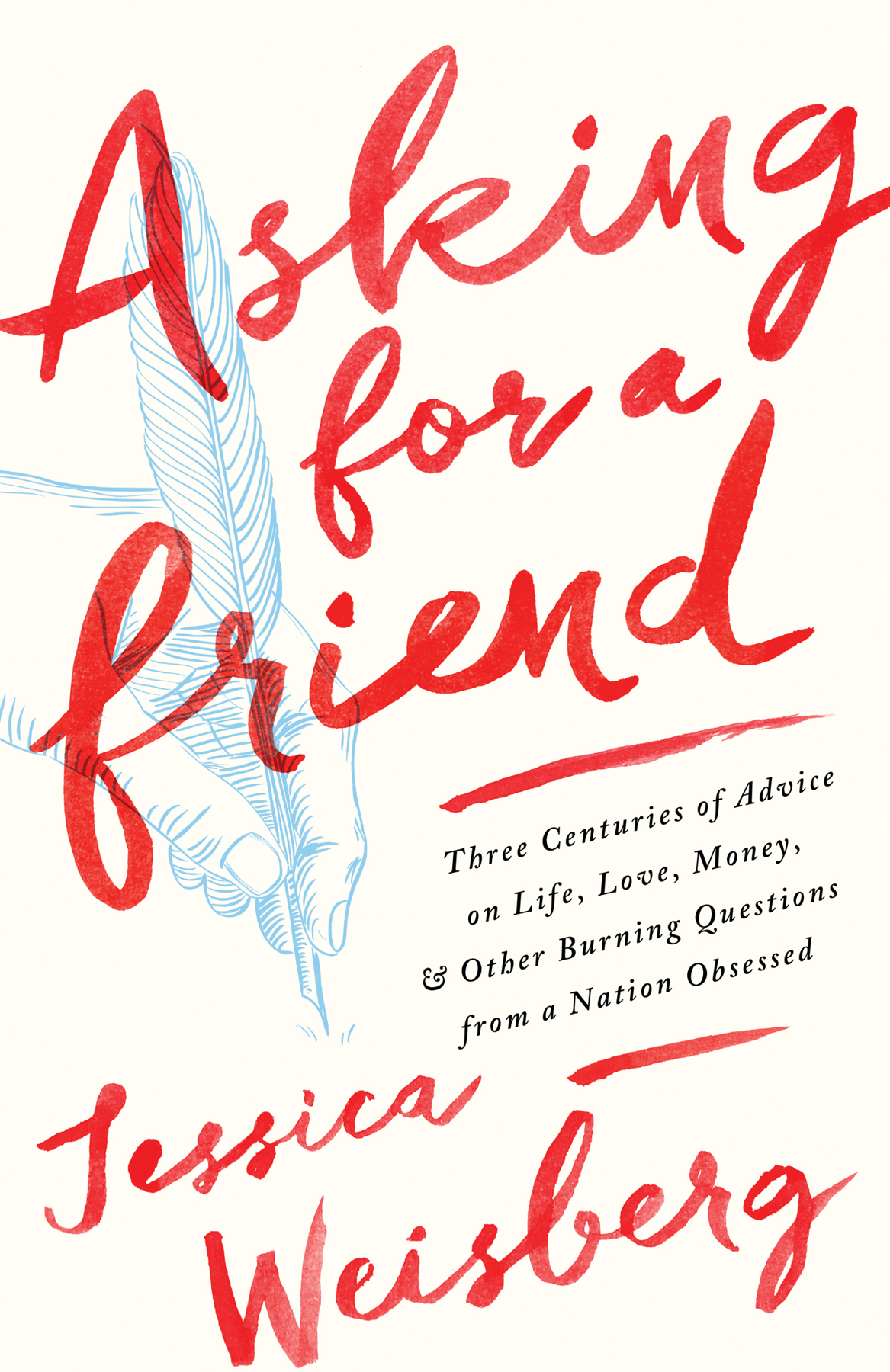Copyright 2018 by Jessica Weisberg
Hachette Book Group supports the right to free expression and the value of copyright. The purpose of copyright is to encourage writers and artists to produce the creative works that enrich our culture.
The scanning, uploading, and distribution of this book without permission is a theft of the authors intellectual property. If you would like permission to use material from the book (other than for review purposes), please contact permissions@hbgusa.com. Thank you for your support of the authors rights.
Nation Books
116 East 16th Street, 8th Floor
New York, NY 10003
www.nationbooks.org
@NationBooks
First Edition: April 2018
Published by Nation Books, an imprint of Perseus Books, LLC, a subsidiary of Hachette Book Group, Inc.
Nation Books is a co-publishing venture of the Nation Institute and the Perseus Books.
The Hachette Speakers Bureau provides a wide range of authors for speaking events.
To find out more, go to www.hachettespeakersbureau.com or call (866) 376-6591.
The publisher is not responsible for websites (or their content) that are not owned by the publisher.
PRINT BOOK INTERIOR DESIGN BY LINDA MARK.
The Library of Congress has cataloged the hardcover edition as follows:
Names: Weisberg, Jessica, author.
Title: Asking for a friend : three centuries of advice on life, love, money, and other burning questions from a nation obsessed / Jessica Weisberg.
Description: First edition. | New York : Nation Books, 2018. | Includes bibliographical references and index.
Identifiers: LCCN 2017044117 (print) | LCCN 2017056186 (ebook) | ISBN 9781568585352 (ebook) | ISBN 9781568585345 (hardcover)
Subjects: LCSH: Advice columnistsUnited StatesBiography.
Classification: LCC BJ1589 (ebook) | LCC BJ1589 .W43 2018 (print) | DDC 070.4/44092273dc23
LC record available at https://lccn.loc.gov/2017044117
ISBNs: 978-1-56858-534-5 (hardcover); 978-1-56858-535-2 (e-book)
E3-20180219-JV-NF
For Ben
And yet, inside a year, five years, a decade, five decades, people will be asking, How could they have believed that?
Doris Lessing, Prisons We Chose to Live Inside
I LL BEGIN BY GETTING SOMETHING OUT OF THE WAY : I have no clear and easy tricks for a happier, healthier you. I have no instant remedies for sluggishness, or shyness, or social discomfort. I possess no secrets to success. My morning routine, which I am not suggesting you imitate, can be summarized as (1) Wake up. (2) Hurry.
But this book tells the stories of sixteen people who made their names, and sometimes their fortunes, by telling people what to do. They are all professional advice-givers, and their job is to answer Americans thorniest, most intimate questions.
Youve probably heard of many of the individuals profiled in the pages ahead, like Benjamin Franklin, Dear Abby, Dale Carnegie, and Elisabeth Kbler-Ross. Others may be new to you, like John Dunton, William Alcott, Dorothy Dix, Sylvia Porter, and Joan Quigley. All of them wrote, in one form or anotherbooks, columns, letters, almanacsand their words and ideas were so popular that they rumbled across all spheres of American popular culture, their maxims stitched on pillows, printed on mugs, recited at dinner; their faces fixtures on magazine covers and cable channels; and their books docked permanently on the bestseller list. They dislodged long-established norms about how Americans ought to date, mourn, work, and raise their children, and defined, and redefined, what was right and what was not.
Most so-called serious writers diagnose but never prescribe. A memoirist might probe her own experience with mourning for her readers benefit, but shes unlikely to offer explicit instructions. Listening to Lena Dunham talk about her struggles as a woman in Hollywood may inspire you, but even she, with her porous definition of personal boundaries, stops short of providing a step-by-step guide. Advice-givers dont have these hang-upsas a group, they tend not to have many hang-ups.
. With one column, she normalized the idea that preparing for death, while one is still young and healthy, is not morbid but prudent. This book is filled with stories like this, of not particularly credible people issuing mandates that millions of Americans followed.
, went one headline in Forbes.)
This multibillion-dollar industry employs many, many advice-givers. There are experts on finance and car maintenance and dog obedience. But the advice-givers profiled in this book are of a more ambitious ilk: they attempt to provide concrete solutions to the murkiest problems; they are braveor foolishenough to seek answers that have escaped philosophers, poets, and religious scholars for centuries, and to bill themselves as experts on topics as broad and impossible as love, health, and life itself.
The typical story about an advice-giver, the one youve likely heard before, is about a phony or hypocrite. A person incapable of following his own sage wisdom, who espoused knowledge on subjects like dating or friendship even as he remained perennially single and friendless, or who encouraged moral or fiscal restraint while he was millions in debt with a family on every continent.
, West writes of Miss Lonelyhearts.
.
The advice columnists in this book arent just hypocrites and narcissists, even if they do display those tendencies once in a while. Theyre all well-intentioned people who tend to get in the way of their own noble instincts. Many of them are social reformers who upended the status quo, expanded rights for women and minorities, and proselytized greater acceptance for different ways of living. Dorothy Dix, for instance, was an advice columnist at the turn of the twentieth century who strove to legitimize domestic work, urging wives to strike until their husbands offered them a living wage. All of the individuals in the pages ahead are idealists, eager to change the world, or at least get people to change their behavior. They share a curiosity for giant moral and emotional questions and an instinct for controversy.
I should get something else out of the way: I dont necessarily recommend that you follow all of the advice in this book. Some of it is extreme, outdated, or downright insane. William Alcott, an early dieting expert, urged his followers to avoid tomatoes under all circumstances. Dorothy Dix advised against divorce, no matter how miserable the relationship had become.
While their wisdom may not always seem relevant today, the advice-givers in this book were all, at some point, responding to Americans emotional needs. This book is a history of Americans seeking the answers to their generations hardest questions, their parents being just as out of touch as ours are. Their questions are a window into the particular and universal torments of being alive in the 1810s or 1910s or 2010s. I am as interested in the advice-givers as I am in the millions of Americans who needed them.

F IVE OR SO years ago, in my midtwenties, I became disquietingly addicted to an advice column. It was called Dear Sugar, and it was published on The Rumpus, a website geared to emerging writers. I was, as they say, between thingsthat joyless euphemism for having more time on ones hands than one wants. I didnt know then that Sugar was Cheryl Strayed, the novelist and memoirist who would soon publish Wild, a memoir about the months she spent hiking the Pacific Crest Trail. Dear Sugar had no clear publishing schedule, so I checked the site every day. I never missed a column. I never sent Sugar a letter, but I felt connected to those who did. They were lonely, too.


